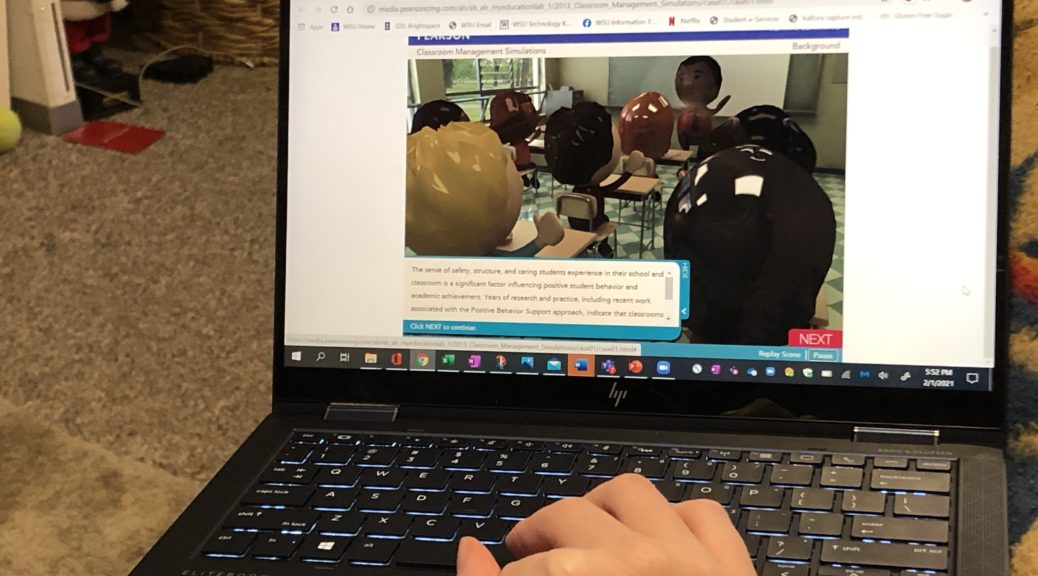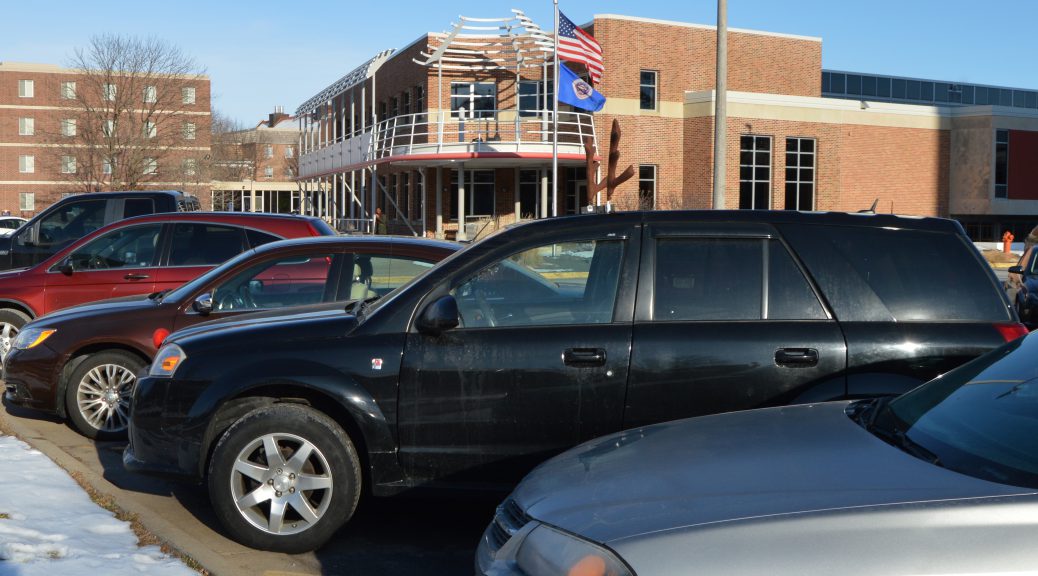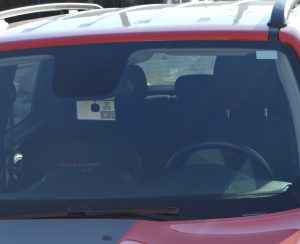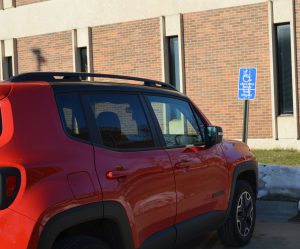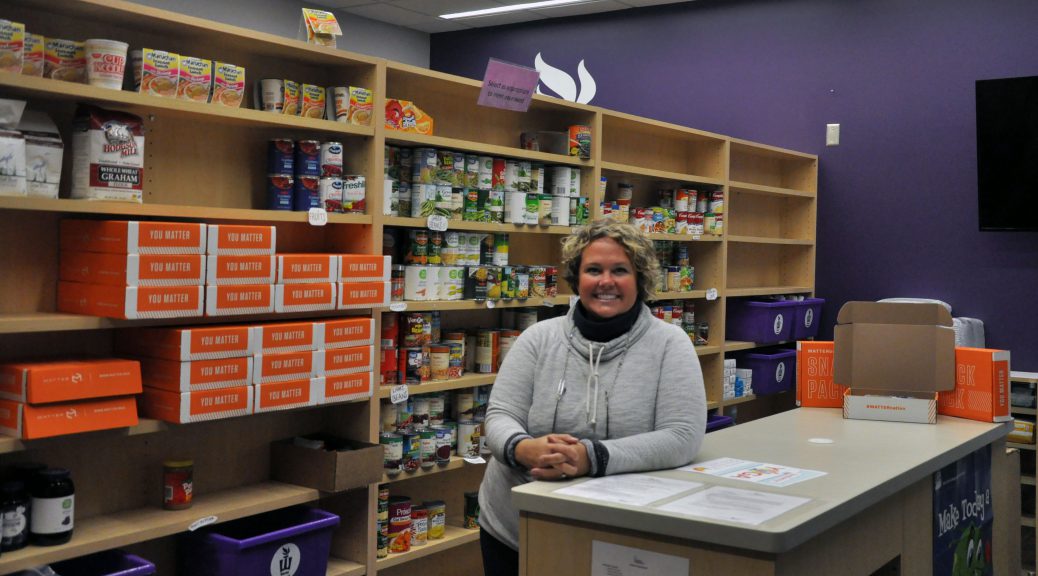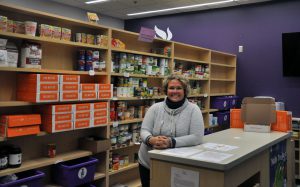With COVID-19 putting a strain on in-person classes, a lot of students are suffering when it comes to learning. One such group is students who are studying to become the next generation’s teachers.
College students in the Elementary and Early Education department at Winona State University are having to do supplemental work instead of being in the classroom and working with children.
According to Daniel Kirk, Dean of the WSU College of Education, 516 students are enrolled in the Elementary and Early Education department.
Those 516 students are missing out on vital time of working in person with children, and many within the next few semesters will start their actual semester of student teaching.
Dr. Mary Anderson, a professor in the Elementary and Early Education department, said she is optimistic for her students to begin student teaching.
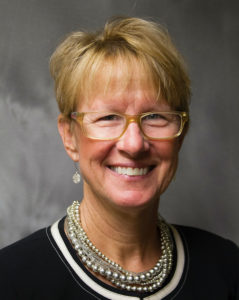
“I think they are going to be well prepared with their content,” Anderson said. “What I can’t replicate is the actual child or group of children.”
Dr. Anderson said while students are not able to work in the field, they are doing well with online learning.
“With the work students did last semester and are continuing to do this semester, I have not seen any signs of their academic work lacking at all,” Anderson said. “In fact, I might make a case that they might even be a little bit stronger.”
Payton Portugue an early education major for three semesters will begin student teaching this fall. Portugue selecting a school where she will student teach in the fall.
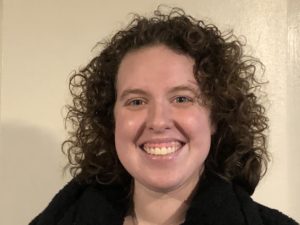
The education department offers a variety of classes to prepare students for teaching and working with children in a classroom environment.
Since COVID-19 started, these students have not been able to get into any of the local classrooms to work with kids.
“COVID-19 has severely cut down the time we get to spend working with kids in a classroom and building those classroom management skills,” Portugue said.
Portugue said instead of field experience, Winona State University has provided alternative methods like observational videos.
“I feel like I’ll never be one hundred percent prepared,” Portugue said. “I think that Winona has provided me with a lot of different skills and opportunities, so I think I’ll fit in pretty well.”
Hannah Seifert, an education major for three semesters at WSU delayed her field experience after studying abroad for a semester.
“I’ve been able to take all my classes,” Siefert said. “I haven’t been able to do any of the field experience which is a challenge.”
Siefert described the requirements all education students need in order to begin student teaching.
“Minnesota requires 100 hours of field experience in order to student teach, where 50 of those hours can be supplemental,” Siefert said.
Siefert is optimistic to begin student teaching even though she never had field experience due to COVID-19.
“I think by the time I’m done with student teaching I’ll be prepared since we’re learning all the material now,” Siefert said. “I’m hoping by next spring I’ll be able to student teach in person.”
